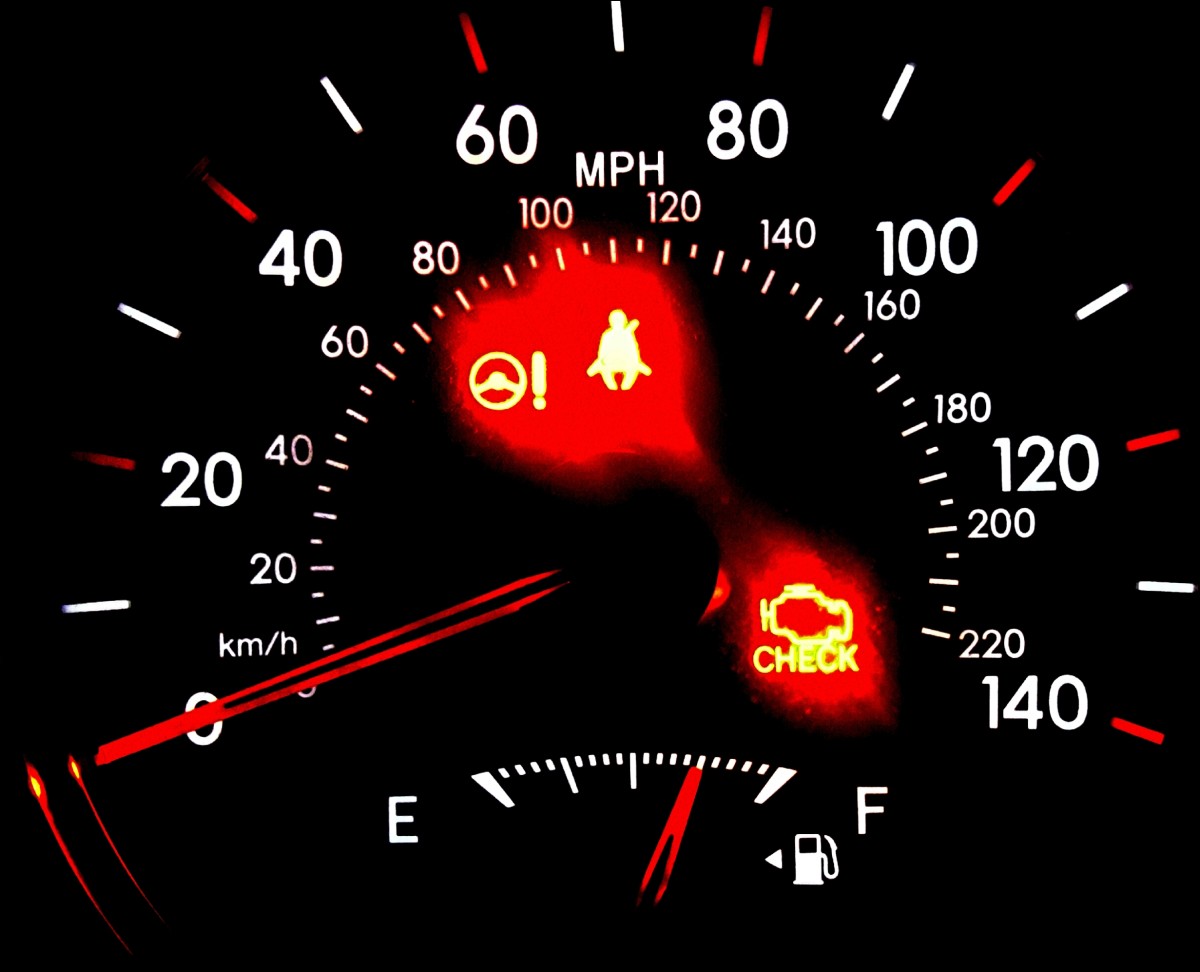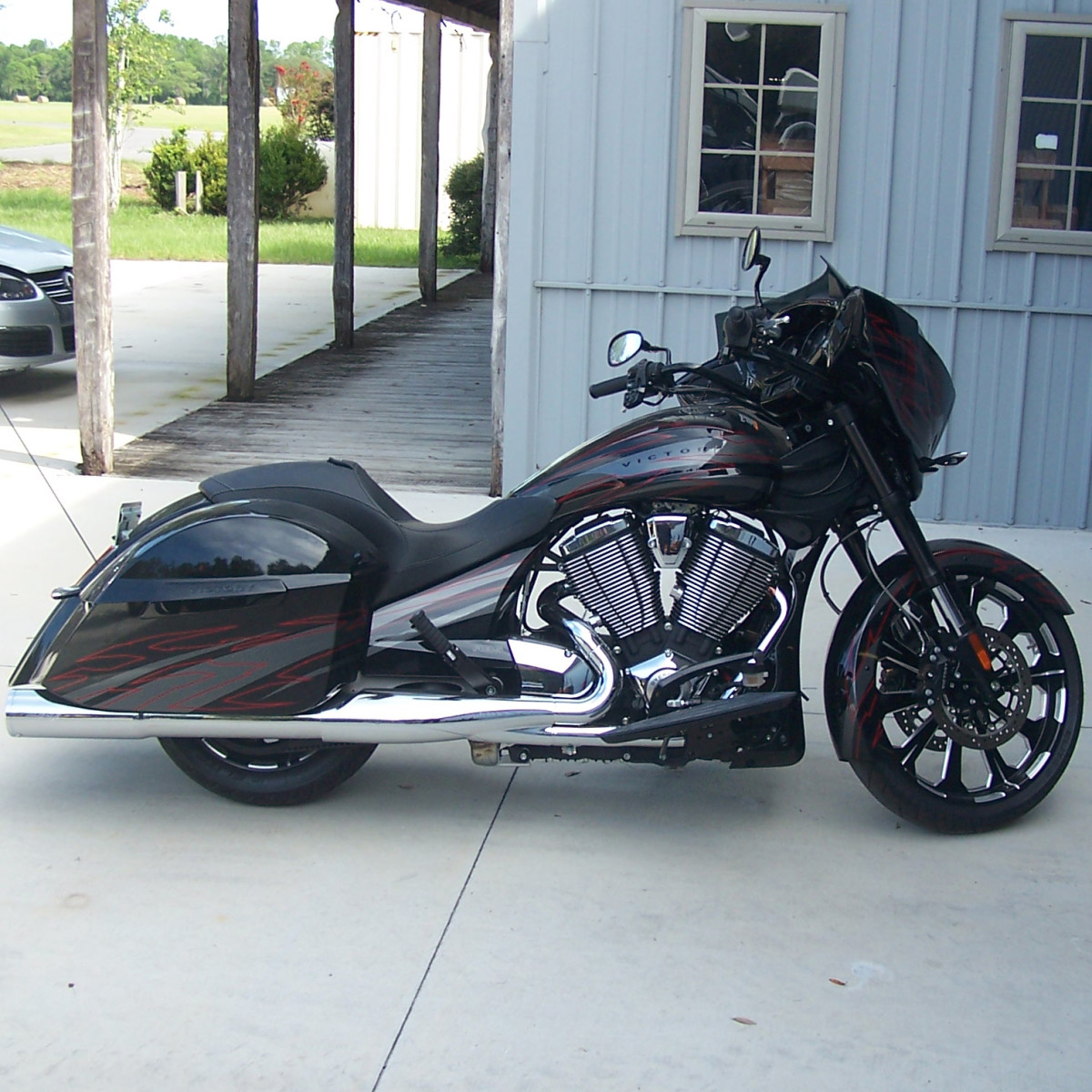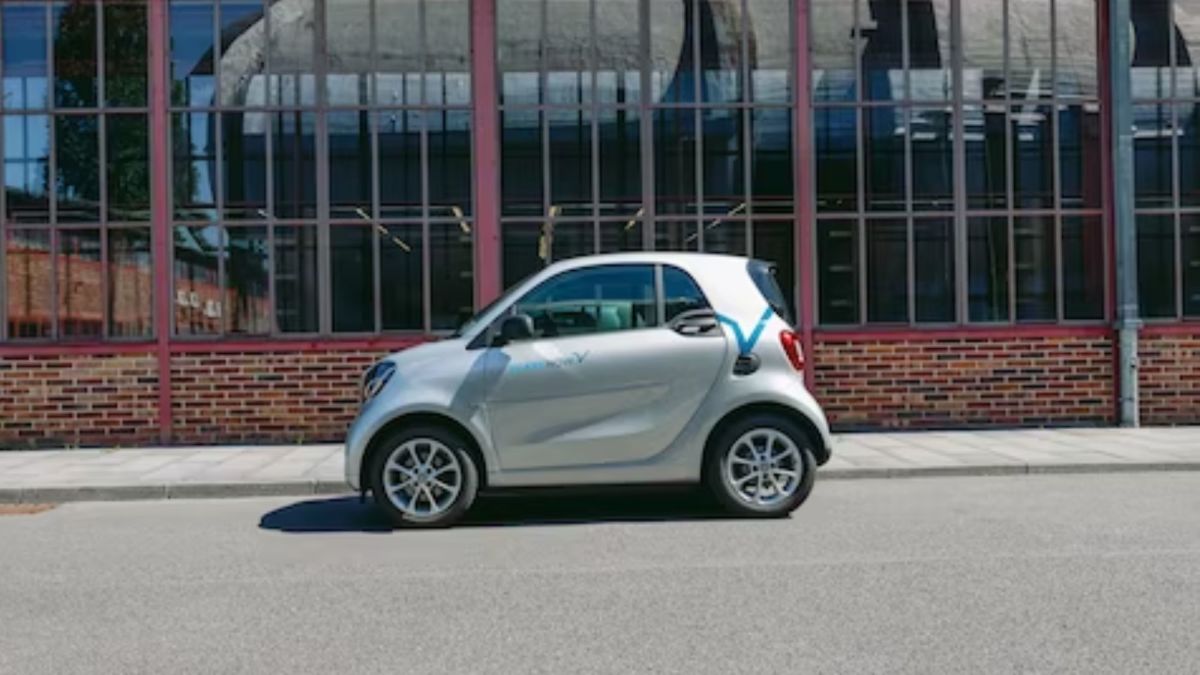Easy Ways to Improve Your Gas Mileage
Sounds legit
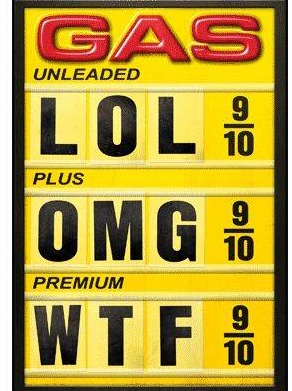
Inflationary Pressures
I wrote this article in 2012 when gas prices increased weekly, and sometimes increased throughout the day. At the time, I drove a 2000 Chevrolet Tahoe, which had a 25-gallon gas tank. When gas prices reached $3.50 per gallon, it cost almost $90.00 to fill the tank each week. This became a financial burden, and I looked for ways to trim my budget to keep fuel in my tank. I wasn't alone in this, and I know people made other personal sacrifices just to fill up their tanks. I had friends who gave up cable, others who gave up eating out, and still, others who gave up gym memberships, trips to the salon, and manicures. But the one thing we didn't give up, was driving.
There are many different ways to improve gas mileage, and this can help reduce 'pain at the pump'. One simple way to save money on each tank is to ensure that you fully tighten the gas cap after filling the tank. This will ensure the proper mix of fuel and fumes to help your engine work efficiently.
Pay at the pump
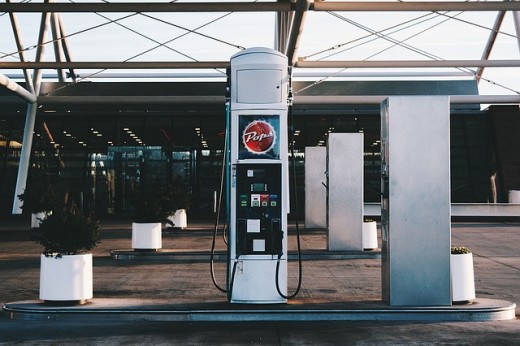
Simple Ways to Stretch Your Fuel
There are some things that we can do to stretch the mileage of our cars. Some of these things are common sense, and some of them are mandated by law, but all of them are easy. Drive within the speed limit to improve your miles per gallon. In recent years, highway speeds have increased in Texas and other states. And let's face it, driving across Texas really does take all day, however, once you hit 65 mph, the engine begins to work harder and burns more gas than it will at 55 mph.
Remove extra weight. I drive an SUV with room for eight passengers. However, I rarely have more than five people in my vehicle, so I removed the third-row rear seats. This is not an extraordinary amount of weight, but it can save me money in the long run. If your trunk is full of things you don't need, get rid of it. You only need a few things in the trunk, such as a spare tire, an emergency kit, and blankets if you live in a very cold area. A rooftop carrier not only adds extra weight but increases drag. If you're not using it, remove the carrier and stow it in the garage.
If you are part of a transportation pool and you pick up kids from school or take turns driving with coworkers, a simple way to save fuel is to turn off the car. Waiting in line at school for 15-20 minutes with the engine running costs money.
Maintaining constant highway speed can be difficult in heavy traffic. However, once you hit the open road, use cruise control. The constant speed will save fuel because you won't be accelerating unnecessarily.
Running Errands
You can save on fuel costs if you consolidate errands. If you know that you need specific groceries for dinner, stop by the store on your way home from work. This will eliminate at least one extra trip. If you run errands on the weekend, map out your route first. I usually start with the errand that is furthest away, because it's the one I usually don't want to do. However, starting at the furthest location seems to make the other errands easier. Plus, with each errand, I am one block closer to home.
Living in a city with five million people can impact my drive at any given time. One of the easy things I do to save on frustration is to first check city traffic patterns. We have a real-time traffic map managed by Houston Transtar that identifies traffic tie-ups by color patterns. The color green means that traffic is flowing smoothly at posted speeds.The color yellow indicates slow traffic, and the color red indicates that traffic is moving at speeds less than 20 mph.
Change spark plugs every 30,000 miles
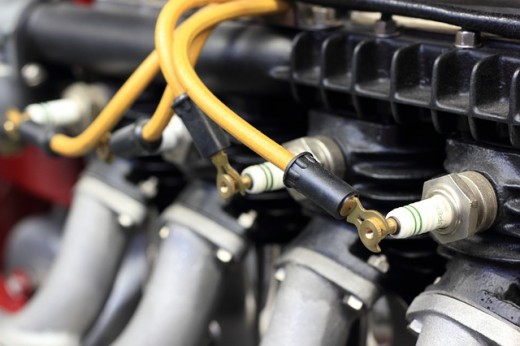
Regular Maintenance
Regular maintenance will not only keep your car running well but also give you peace of mind about its reliability. Check the pressure in your tires on a regular basis. Under-inflated tires can increase stopping time and cause a reduction in cornering stability because the tire is flatter than it should be. Another danger of under-inflated tires is overheating. This can lead to tread separation and even a blowout. Over-inflated tires have a reduced footprint and less contact with the road because they ride higher. Over-inflated tires can be more easily damaged by road debris than a regularly inflated tire.
Change your oil and filter according to the car manufacturer's guidelines. This will keep sludge from building up in the engine, and also reduce wear and tear on other parts. The air filter may not seem like a big deal, but its role is to keep dirt and dust out of the engine. You can have the air filter changed with regular maintenance, or you can do this yourself. Check with your local auto parts store for pricing and availability. If they don't have your model in stock, they can typically get it within 24 hours. Spark plugs don't require the frequency of attention that oil and air filters need. However, they should be replaced every 30,000 miles.
Cleaning fuel injectors can also improve fuel efficiency. This is done by removing them and bathing in an ultrasonic bath, similar to what jewelry is cleaned in. The purpose is to use high-frequency vibration to remove carbon deposits from the fuel injectors. The benefit of cleaning fuel injectors is an improved fuel-air mix which leads to better gas mileage.
Pay Less at the Pump with GasBuddy
- Find Low Gas Prices in the USA and Canada
GasBuddy lets you search for Gas Prices by city, state, zip code, with listings for all cities in the USA and Canada. Updated in real-time, with national average price for gasoline, current trends, and mapping tools.
Recommendations to Increase Fuel Efficiency
Recommendations
| Reality Check
|
|---|---|
Drive the speed limit
| At speeds greater than 60 mph, you will consume an additional $.31 per mile
|
Aggressive driving can decrease mileage by 33%
| |
Dump the weight
| Clean out your trunk
|
Each additional 100 lbs decreases mph by 2%
| Remove extra un-used seats (SUV)
|
Leave the sport equipment at home when not in use
| |
Stop idling when parked
| While waiting to pick up kids from school
|
Maintain your vehicle
| Properly inflated tires can save you more than 3% in fuel costs.
|
Worn spark plugs can cause the decrease efficiency in the air-fuel mixture and decrease performance and gas mileage
| |
Worn oxygen sensors will use more fuel because the engine needs more oxygen
|
How have gas prices affected your driving?
Speed Limit Strictly Enforced

Pay Up!
Fuel prices are affected by a variety of factors and a sharp increase can really affect your budget. Proper maintenance on your engine and better driving habits will help reduce wear and tear on your vehicle and also save on fuel costs in the long run. If you aren't certain about the frequency of your vehicle's maintenance schedule, refer to the Owner's Guide, or search online using your car's year, make and model.
This content is accurate and true to the best of the author’s knowledge and is not meant to substitute for formal and individualized advice from a qualified professional.
© 2012 Michelle Orelup

